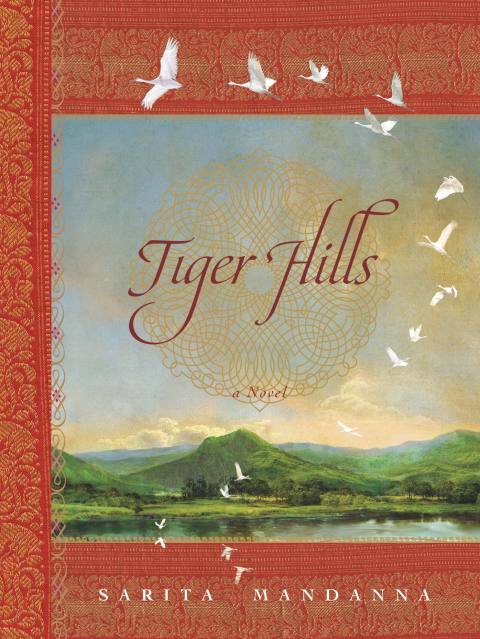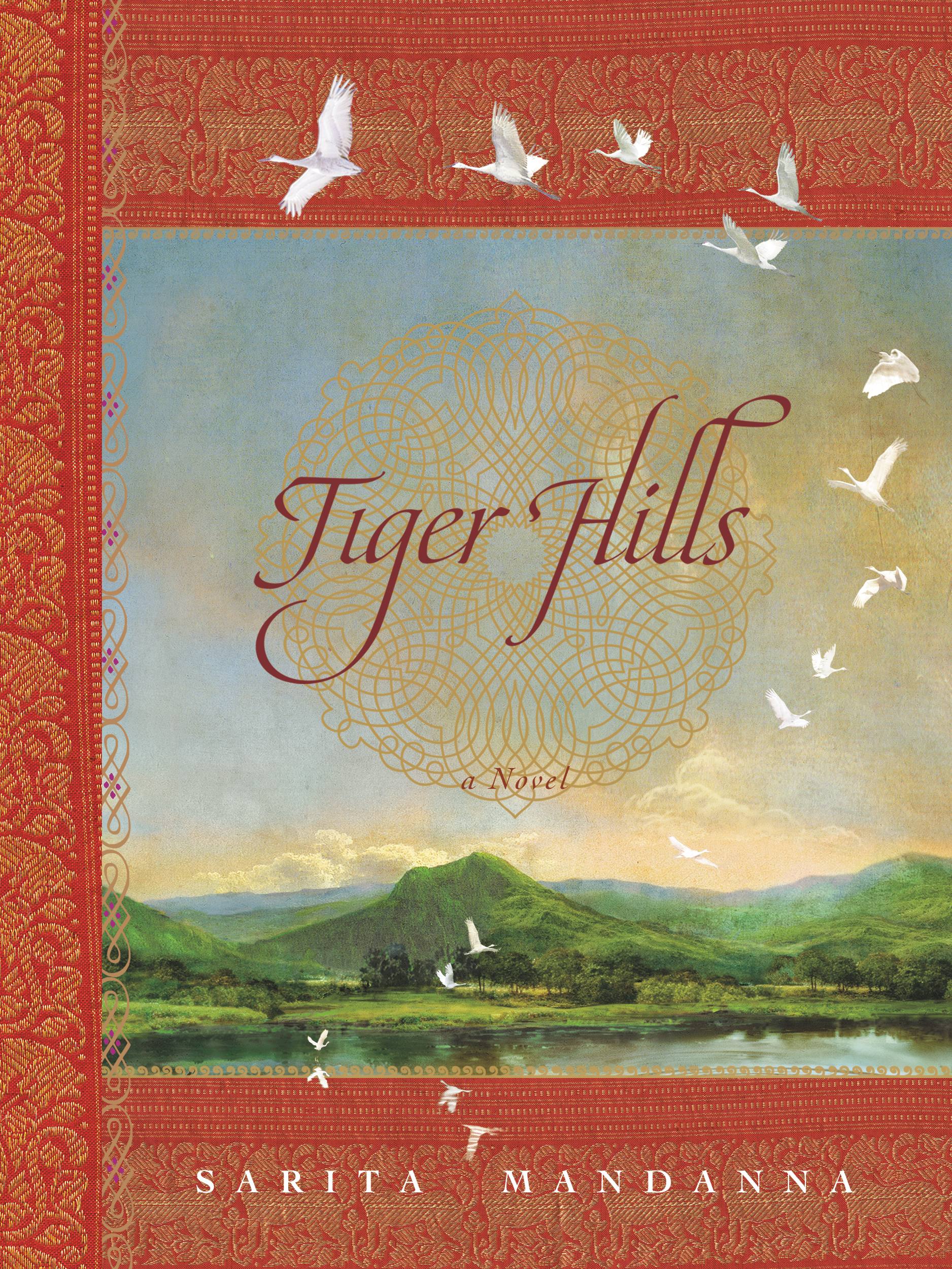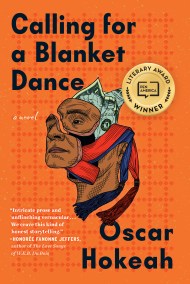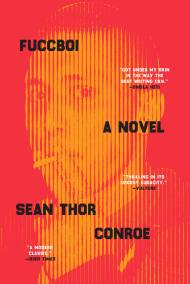Promotion
Use code MOM24 for 20% off site wide + free shipping over $45
Tiger Hills
Contributors
Formats and Prices
Price
$10.99Format
Format:
ebook (Digital original) $10.99This item is a preorder. Your payment method will be charged immediately, and the product is expected to ship on or around March 9, 2011. This date is subject to change due to shipping delays beyond our control.
Also available from:
Told in rich, lyrical prose and set against the background of a changing society, Tiger Hills is a sweeping saga about one woman’s determination to live life on her own terms — and a riveting novel about the choices we make in the name of family, nation, and love.
.
Genre:
- On Sale
- Mar 9, 2011
- Page Count
- 480 pages
- Publisher
- Grand Central Publishing
- ISBN-13
- 9780446574181
Newsletter Signup
By clicking ‘Sign Up,’ I acknowledge that I have read and agree to Hachette Book Group’s Privacy Policy and Terms of Use







